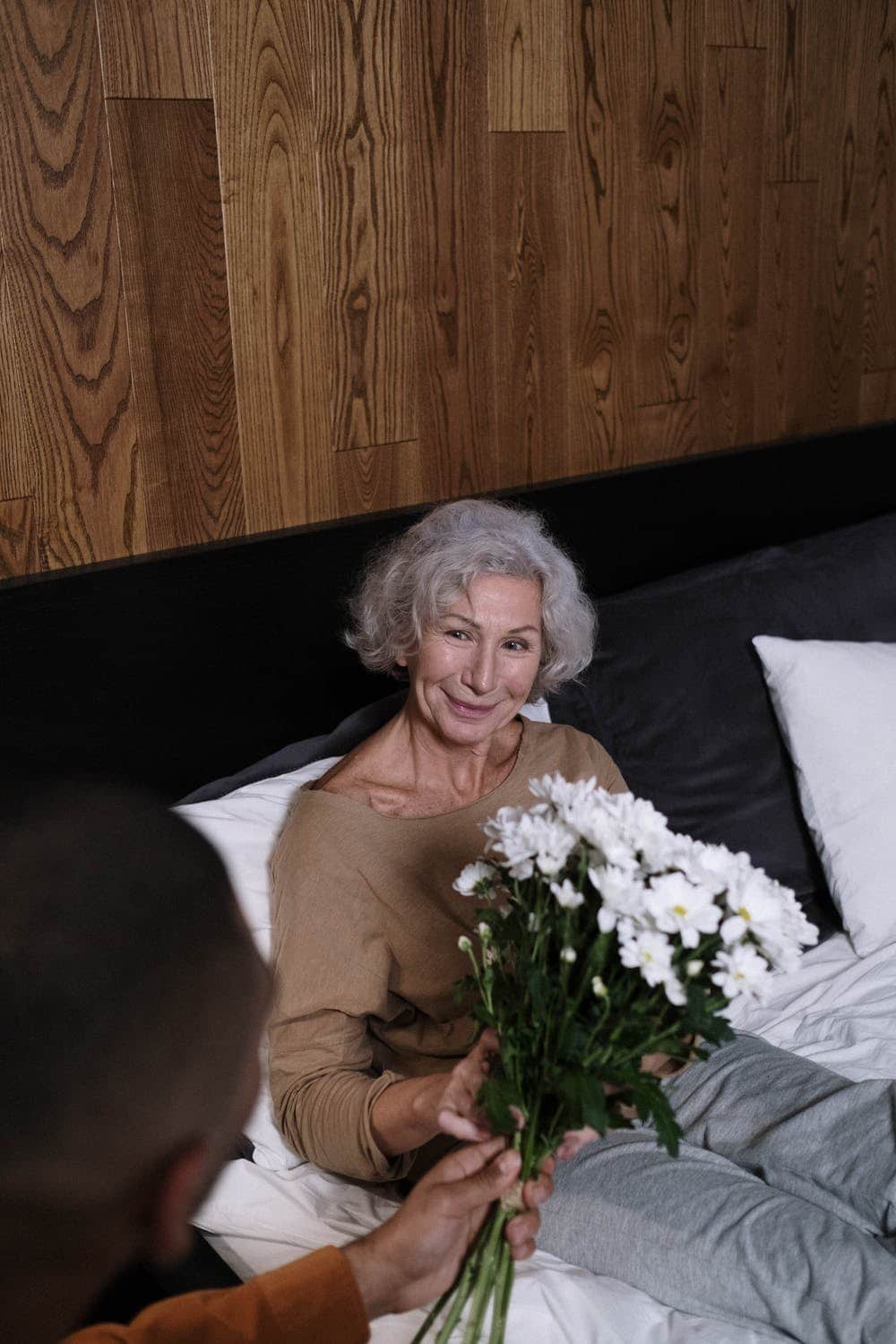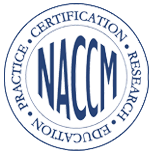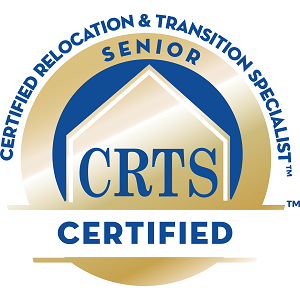The Importance of Keeping Hope as You Age: 5 Ways
During tough times, hope may be our only reason to persevere. Hope is a funny thing, seldom discussed but always needed. But when we struggle with mental health, finding and keeping hope can feel impossible.
For many seniors, a sense of hopelessness causes them to suffer in silence and wrestle with emotional isolation. That is why we are passionate about spreading awareness, sharing our knowledge and helping caregivers foster hope among the elderly.
At Reflections Management and Care, hope is fundamental to our philosophy. The importance of hope can never be understated, and increasing hope as you age is one of the most valuable things we can do.
The Importance of Hope for Elderly Well-being
A longitudinal study by the Human Flourishing Program at Harvard University’s Institute for Quantitative Social Science found that hope is fundamental to senior mental health.
By examining 13,000 U.S. adults over the age of 50, researchers found that those who were more hopeful also had better physical health, including a reduced risk of cancer, heart disease and insomnia.
Increasing hope as you age also decreases the risk of developing mental health disorders, like anxiety and depression.
By adopting a “glass half-full” mentality, seniors can accept the challenges in life without succumbing to a negative mindset or defeated attitude. As caregivers, we can do our parts to help by encouraging a positive outlook. However, this shouldn’t come at the expense of ignoring real issues.
The best kind of hope is accepting hardship. It acknowledges grief, loss, depression and fear without trying to shape them differently. Instead, it gently nudges each person toward a brighter future.
Let’s take a closer look at how you can help the seniors in your life stay happy and hopeful.
Reject Stereotypes
In the The Oxford Handbook of Hope 2017 publication, Promoting Hope in Older Adults, author Amber M. Gum evaluated 15 years of research surrounding senior mental health and wellness. She found that the happiest and most optimistic older adults rejected the typical stereotypes about aging. Instead, they lived fully and in the moment, pursuing what they loved in life without worrying about whether they were too old.
While ageism can create real barriers for older adults, it’s important for caregivers to do what they can to promote an inclusive and engaging environment for seniors. Even in your own household, make sure you are not making assumptions about your loved one based on their age.
Encourage them to try new things, pursue hobbies and continue to learn and discover themselves.
Exercise More
Physical activity is vital to everyone, but older adults are especially prone to benefit greatly from routine exercise. Staying active can be going for a walk, playing with the dog in the backyard or doing some water aerobics. Maybe your elderly loved one enjoys fishing, dancing or even yoga.
There is no wrong way to get active so long as it respects a person’s body and encourages them to celebrate movement. Research shows that seniors who exercise are happier, healthier and generally live longer than those who don’t. As few as 15 minutes a day can have long-lasting, powerful benefits on physical and mental well-being.
For seniors with reduced mobility, exercise can be a challenge. However, even on bed rest, seniors can perform gentle arm exercises and light movements that help raise their spirits. If you or your loved one are not sure how to safely exercise given physical limitations, we can help.
Consulting their doctor and a senior living expert can help you build a personal fitness plan that’s achievable, fun and fulfilling.
Find a Higher Purpose
Whether it’s through religion or personal acts of kindness, having a purpose in life is closely connected to hope as you age. Those who have faith may feel more comforted during periods of grief or depression.
Practicing a religion can help reduce the effects of cognitive decline among seniors with dementia; a daily spiritual practice can also imbue hope and inspiration among seniors and encourage them to live more fully.
Religion also has a social component that many seniors can benefit from. Regularly attending a religious service can help seniors connect with others, share their faith and find fulfillment by actively participating in a community.
If your loved one does not have a religion, they needn’t adopt one now to benefit from finding faith. Instead, they can find ways to connect more intimately with the world through acts of service and volunteering.
There are wonderful organizations that seniors can join to volunteer and find a purpose after retirement. This list offers 10 suggestions to help you discover senior volunteer opportunities.
Join a Senior Group or Day Program
Assisted living facilities often host events that seniors can attend to engage with their peers. Adult daycares with senior day programs can also provide much-needed support. For elderly who have special needs or health requirements, these programs are also equipped with trained staff to ensure they are safe at all times.
There are also many senior support groups and senior events held throughout communities to foster greater connection and hope among the elderly. Explore senior social clubs and activities near you to help your loved one get out more and socialize with others.
Find Hope Through Help
If your loved one needs additional care, Reflections Management and Care specialists are always available. Our services include care management, home assistance and counseling services for seniors.
Please contact us today if you would like to schedule a phone call with one of our senior living experts.














